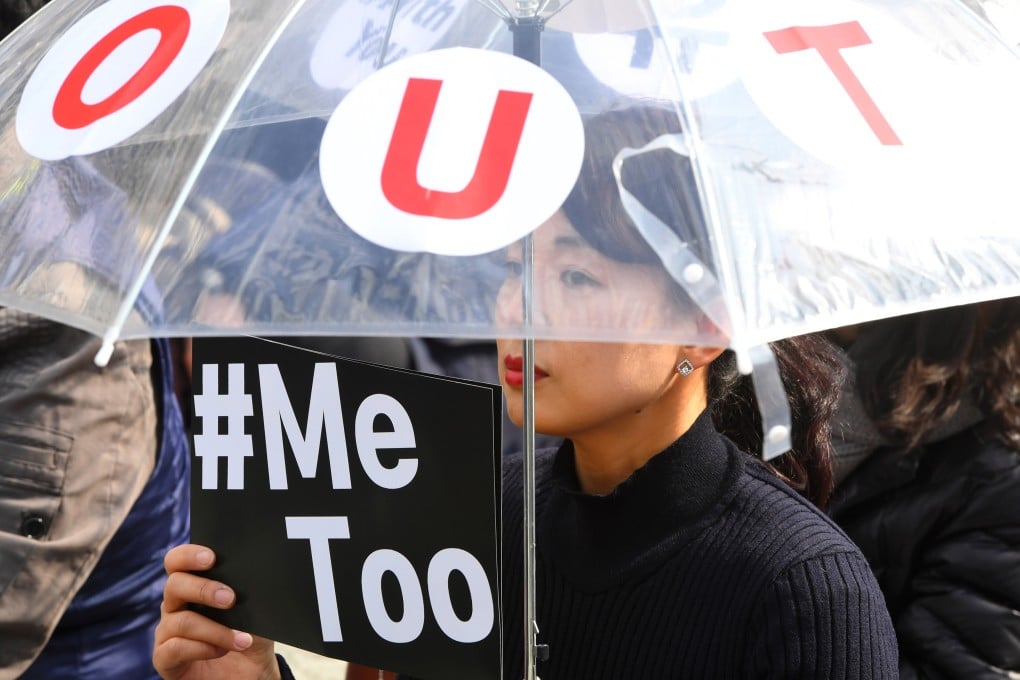‘MeToo moments occur when men don’t pay’: South Korean presidential candidate Yoon Suk-yeol’s wife sparks outrage with YouTube comments
- Kim Keon-hee’s comments – meant to highlight scandals dogging the ruling Democratic Party – backfire as she claims ‘conservatives make sure they pay’
- She later apologises for ‘inappropriate remarks’, but the episode highlights how gender-based conflict, on the rise in South Korea, has coloured the election

The wife of South Korean presidential hopeful Yoon Suk-yeol has sparked outrage for saying that #MeToo scandals occur because the women involved were not “paid” by men.
Kim Keon-hee, 49, made the remarks to a reporter from Voice of Seoul, a YouTube news channel with liberal leanings that is supportive of the ruling Democratic Party. Yoon is a member of the opposition People Power Party.
This came about after a court allowed the recording to be played on air, albeit with parts redacted, after dismissing a request from the People Power Party to stop it hitting the airwaves.
“MeToo incidents occur because they [men] don’t pay, surely. They wanna play around but have no money. I understand them,” Kim said.
She was referring to how the prominent politicians from the ruling liberal Democratic Party had been mired in a series of sex scandals in recent years.
